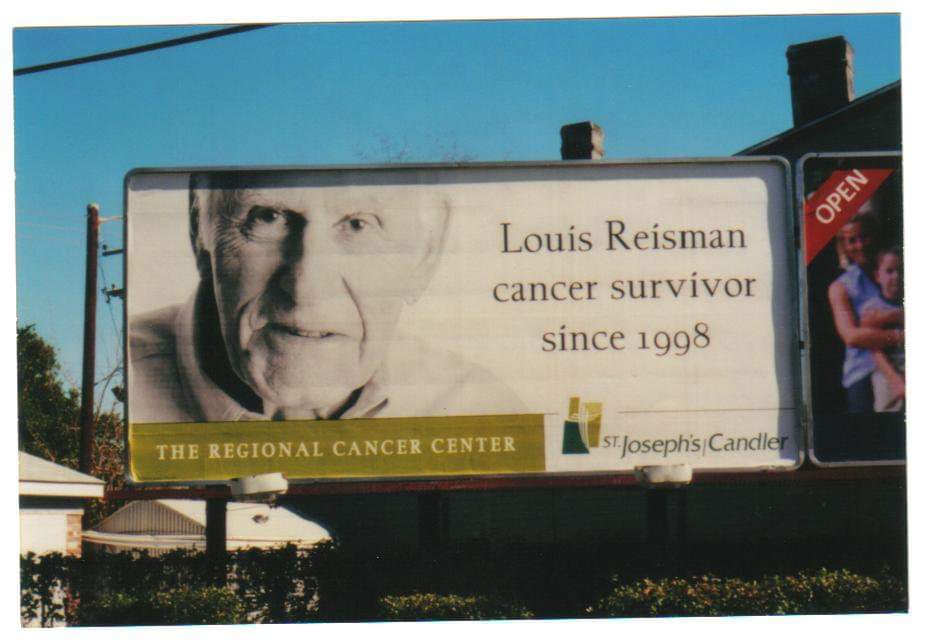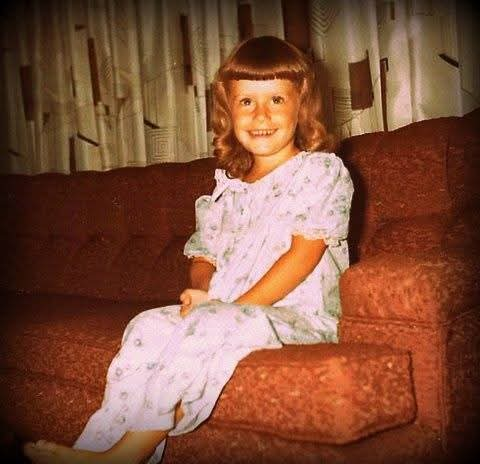Reflecting on the Lessons That Shaped My Advocacy Journey
- Purity Patient Advocates LLC
- Aug 18, 2025
- 5 min read
Updated: Oct 21, 2025

The Journey Begins
Imagine being 13, repeatedly scratched by your beloved cat, despite your mother's warnings—and 31 years later, having to travel hundreds of miles to New York City to finally pinpoint the overlooked infection with the help of a healthcare specialist.
Back in July, I shared Part 2 of my blog series, "Lining Up the Suspects: Uncovering the True Cost of Misdiagnosis." This is when I revealed that I’m the real person behind the story I had previously told through a fictitious character.
But there’s a piece of that story I didn’t fully unpack at the time—the way my first major misdiagnosis unfolded during my freshman year of college and the unbelievable irony that shaped the course of my health journey.
A Freshman’s Struggles
In the spring quarter of my freshman year, I became extremely ill. I had daily fevers, gastrointestinal problems, swollen eyelids, and unusual red, painful papules across my trunk. I was so fatigued that I could barely keep my eyes open in class. It felt like having the flu every single day. And yet, the misdiagnosis that followed completely changed my life.
I always thought my advocacy journey began with helping my father, a five-year pancreatic cancer survivor. But I’ve recently realized that my very first experience with advocacy happened much earlier—when I was just 18. That spring, my mother, a highly intelligent nurse and Air Force veteran, drove me to my doctor's appointment but stayed outside the exam room. She wanted me to be treated as an adult and didn’t go in with me.
My dad, a five-year pancreatic cancer survivor, whose journey inspired my advocacy.
If she had come in, I likely wouldn’t have shared my mother's opinion with Dr. John H, and she might not have added anything either, knowing she was taught not to question the physician directly. Instead, I carried her observation with me—she suspected I had mononucleosis but advised me not to tell the physician. There I was, trying to be an 18-year-old messenger and collaborator between my mother and the physician.
Even with her knowledge and experience, this advocacy failed—a prime example of why you cannot always rely on a family member, even one who is an intelligent healthcare professional. People aren’t always thinking outside the box. They aren’t asking the right questions, and critical details can be missed—with consequences that can change your life.

Looking back, it’s clear that two factors indirectly created the misdiagnosis. First, my mother’s well-intentioned guidance. Second, my attempt to convey her observation in a way that wouldn’t get her in trouble—hinting that Dr. John H might want to investigate, almost jokingly. Instead of probing further, asking about my symptoms in depth, my medical history, and exposure to animals—which, in hindsight, would have been a critical clue—the physician ran with the most likely diagnosis based on the information I provided.
The Misdiagnosis
Mononucleosis is a contagious virus and extremely common among high school and college students. While my Monospot test came back positive—indicating the Epstein-Barr virus (EBV) that causes mono was present—looking back, the pattern of my symptoms didn't fully fit a typical mono infection.
My fevers consistently spiked in the afternoon, and I developed painful red papules on the trunk of my body. My gastrointestinal system never returned to baseline.
These features are much more consistent with Bartonella henselae (cat scratch disease). In other words, even if EBV was active at the time, it was likely Bartonella was the main driver of my illness, causing the long-term changes and leading to a second misdiagnosis 16 years later (Inflammatory bowel disease) and complications that doctors completely overlooked.
This experience underscores an important lesson: having one diagnosis doesn't rule out having other infections or conditions. Missing the bigger underlying cause can lead to years of unnecessary suffering.
The Importance of Asking Questions
Critical questions were never asked: Was anyone else in the household sick? Had I been exposed to animals? Could a cat scratch or flea bite explain some of these symptoms? Although I had symptoms for at least two weeks before my mother took me to be evaluated, no one in my family or even my boyfriend ever caught it. Those missed questions allowed the misdiagnosis to take root, setting the stage for a second misdiagnosis years later and more than 25 years of unnecessary suffering.

This story is a stark reminder of the importance of medical professionals acting as detectives—examining the full picture, asking the right questions, and considering patient history, rather than taking the easiest route and relying solely on a lab test. Relying too heavily on test results is one reason misdiagnoses may occur—and why this misdiagnosis epidemic continues today.
Systemic Pressures in Healthcare
Physicians now face enormous time constraints, often seeing up to 60 patients per day due to systemic pressures. These constraints increase the risk of misdiagnosis, making it all the more important for patients to retain a concierge health advocate who can spend quality time gathering important clues and asking detailed questions while piecing together the full picture.
It’s also why I developed my Strategic Health Assessment. Not to diagnose or treat, but to spend quality time with a client that physicians often cannot, asking deep questions and helping create a plan so they can reach the right doctor and get answers. This process helps them protect their quality of life, their family, and the legacy they've built. Because no amount of wealth can replace your health, and even one misdiagnosis can change your life forever.
At age 3, sitting on the family sofa in Savannah, Georgia—still surrounded by touches from my early months in Japan.
A Call to Action
How often do you think healthcare practitioners consider the full picture beyond a test result—and what would happen if we all asked just more critical questions?
For those who didn’t have the opportunity to read Part 2 of my blog series, you can start there. From Part 2, you can also access the shocking truth in Part 3.
Misdiagnosis doesn't just waste time—it can derail careers, drain families, and permanently alter the trajectory of your life. It's the very reason I founded my Private Health Advisor practice—to ensure that busy, high-performing individuals like you don't have to risk everything you've built because of a preventable medical oversight.
Schedule your one-hour paid phone consultation to protect your health, family, and the legacy you've built.
To Your Health,
Sylvia Reisman
Founder & Principal Consultant
Note: I now refer to my practice as a private health advisor service.
Disclaimer
The documents and information contained within the Company’s website are offered for informational purposes only. By using the Services, you understand that the Company is NOT A MEDICAL PROVIDER AND HAS NOT PROVIDED YOU WITH MEDICAL ADVICE.
No information contained herein is a substitute for professional medical care by a qualified practitioner, nor should it be inferred as such. ALWAYS check with Your doctor if You have any health questions. The contributors to this Website are not responsible or liable, directly or indirectly, for ANY form of damages whatsoever resulting from information contained herein.





